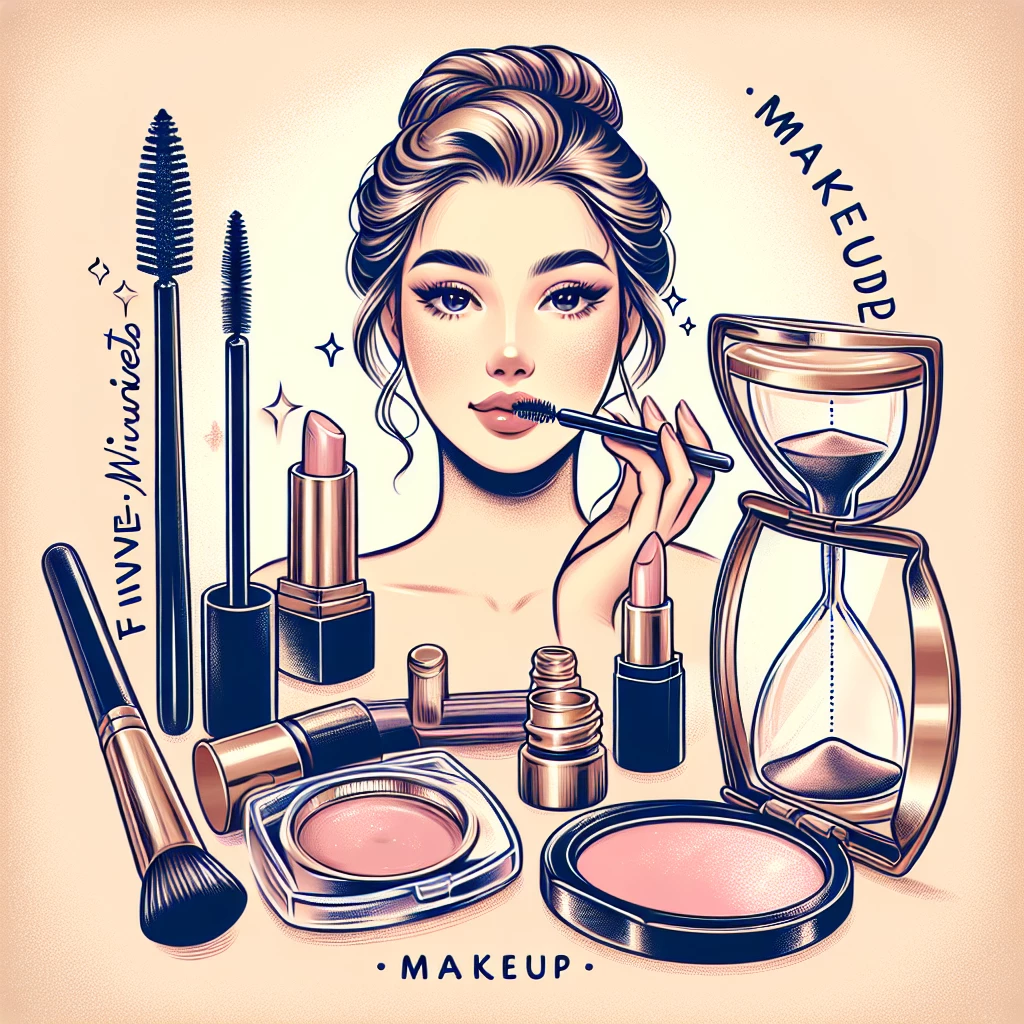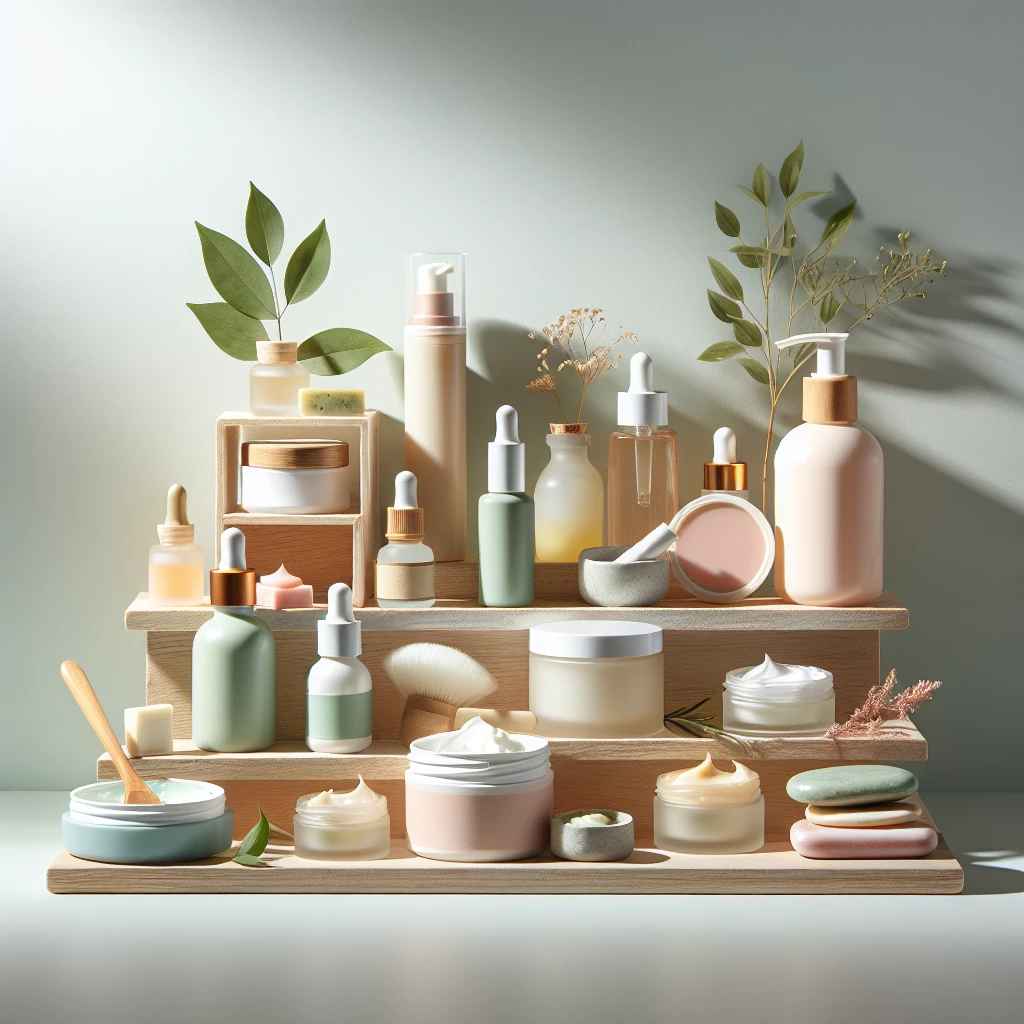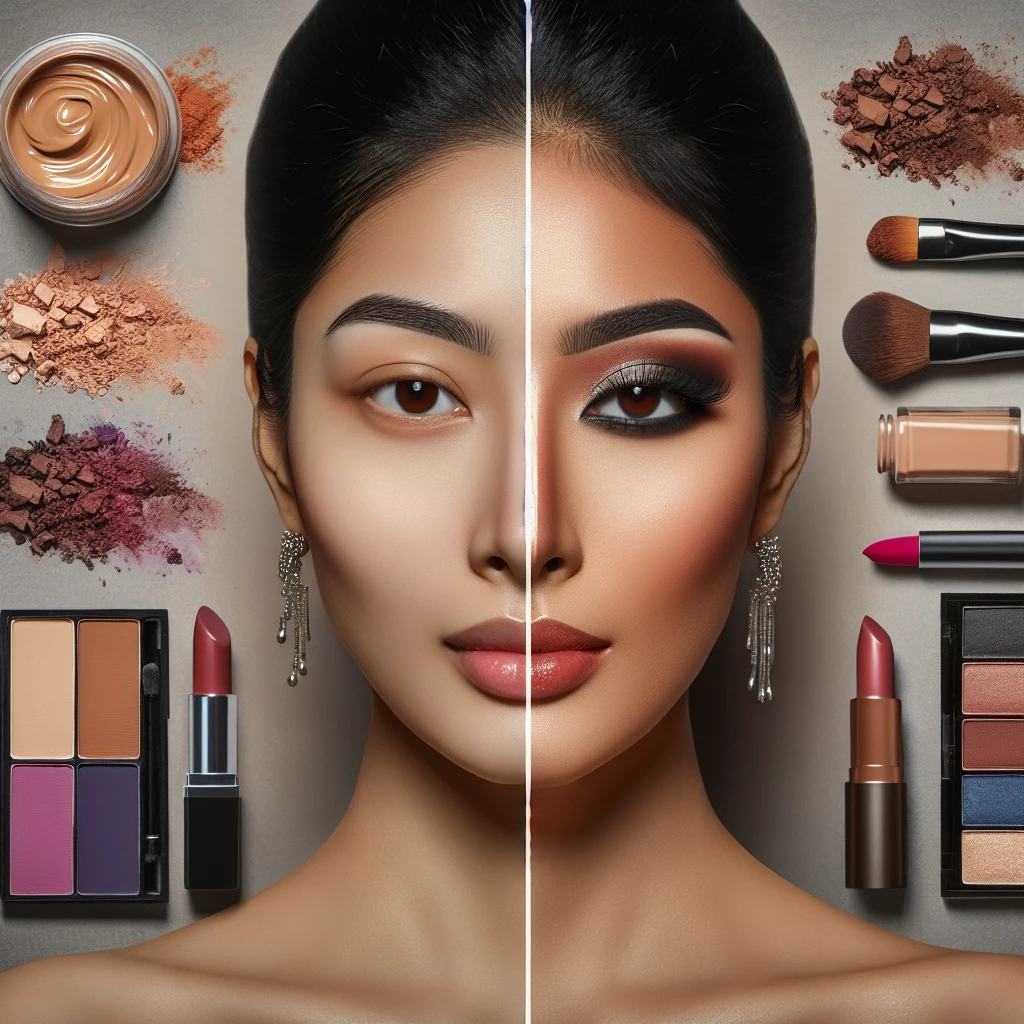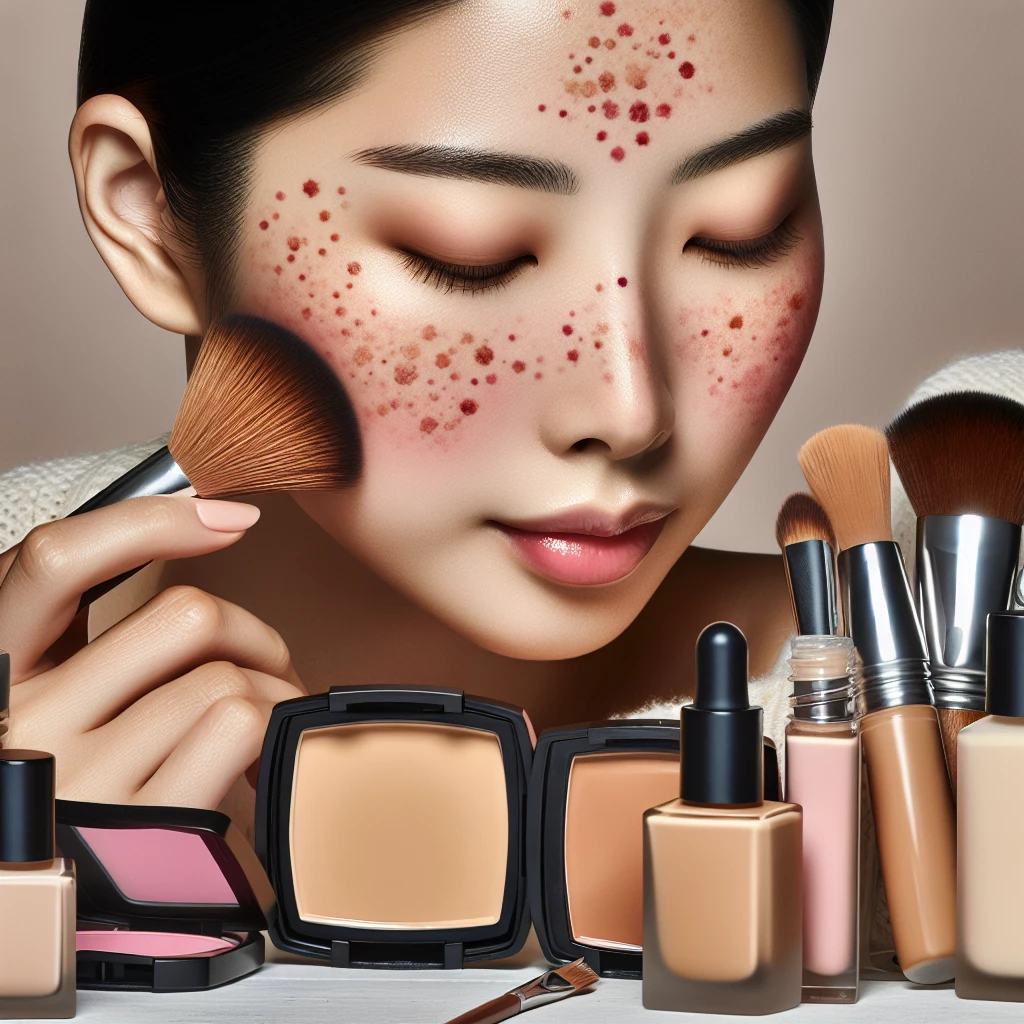In the realm of women and makeup, beauty can sometimes come at a high price, especially for those with sensitive skin. The sheer variety of products available on the market can make the routine of applying makeup a potential minefield for skin irritations and allergies. However, having sensitive or allergy-prone skin does not mean you have to give up that pleasurable ritual of enhancing your beauty. Through this article, we'll explore the relationship between skin allergies and makeup, offering you insights on how you can keep both your health and desire for beauty in balance.
Understanding Skin Allergies and Makeup
Makeup's allure lies in its ability to transform, enhance, and express individuality. However, the very substances that make makeup so attractive can also cause tension for sensitive skin types. Allergic reactions range from simple skin irritations to something more severe, indicating the body's way of fighting off harmful invaders. These reactions can be triggered by a particular makeup ingredient that your immune system perceives as a threat.
Makeup products, like any other substances we expose our skin to, run the risk of potentially irritating or sensitizing our skin. Certain ingredients in makeup can cause an overactive immune response, leading to symptoms ranging from mild redness, itching, and burning sensations to severe allergic contact dermatitis and hives. The constant application of such products on sensitive skin can exacerbate these reactions, leading to chronic skin inflammation.
An allergic reaction to makeup often manifests as contact dermatitis, an inflammation of the skin caused by a foreign substance. Symptoms of contact dermatitis from makeup include redness, itching, and occasionally even pain, as well as dry, flaky skin. It’s important to be aware of any changes in your skin after introducing a new makeup product into your routine, as this could be the first sign of an allergic reaction.
Preventing Allergic Reactions to Makeup
Adopting a cautious approach when it comes to cosmetics can help in preventing allergic reactions. Opting for hypoallergenic and non-comedogenic makeup can be highly beneficial. These products are typically fragrance-free and formulated without known skin irritants, making them less likely to provoke allergic reactions.
Another effective method is to perform a patch test before using a new product. Apply a small amount of the product on a discreet part of your skin, usually the inside of the wrist or upper arm, and wait for 24 to 48 hours. If there is no reaction, it's likely safe to use. However, if redness or irritation occurs, it's better to keep away from that product.
While preventing allergic reactions, it’s key not to forget your makeup tools. Brushes and sponges should be consistently cleaned to prevent a buildup of bacteria, allergens, and product residues. These can exacerbate skin irritation and even lead to breakouts.
Choosing Makeup for Sensitive Skin
Sensitive skin often requires a gentler approach when it comes to makeup. Choosing products with minimal and natural ingredients can reduce the risk of experiencing an allergic reaction. Mineral-based makeup is often a safer choice, as it typically excludes irritants like fragrances, dyes, and preservatives.
Select products designed specifically for sensitive skin; these products usually undergo rigorous testing to reduce potential allergens. Always read the labels and avoid products containing common irritants such as alcohol, parabens, sulfates, and synthetic fragrances.
Finally, remember that less is more. Using fewer products reduces your skin’s exposure to potential irritants. It’s also a good practice to remove your makeup thoroughly before bed to ensure your skin can rest and rejuvenate without any leftover irritants.
Understanding the link between skin allergies and makeup is an essential step in achieving both health and beauty. Allergic reactions aren't necessarily a sign to stop wearing makeup; rather, they are a call for an informed, mindful, and personal approach to beauty. Interlacing the wisdom explored in this article into your daily beauty rituals can support your journey towards skin health and happiness. So, embrace your love for makeup, celebrate your individuality, but also remember – true beauty, after all, is skin deep.

Five-Minutes Makeup Hacks
In search of a quick and reliable makeup routine? Discover our top five-minute makeup tips.

Introduction to Organic Beauty Products
A deep dive into the pros and cons of incorporating organic beauty products into your daily makeup routine.

Transition Makeup from Day to Night
Discover effective tips for ensuring your makeup transitions smoothly from day to night.

Mastering the Monochromatic Look
Uncover the secrets to nailing the trendiest monochromatic makeup looks with our step by step guide.
